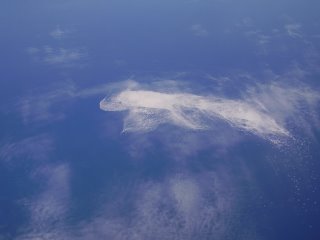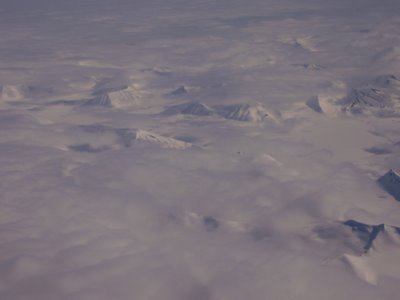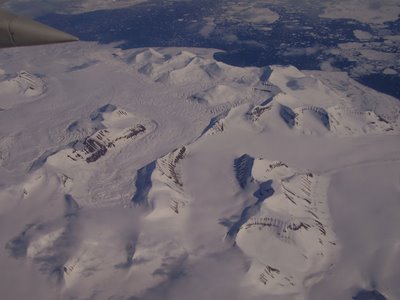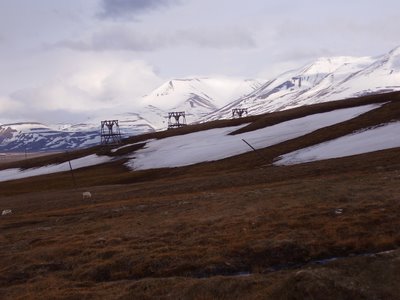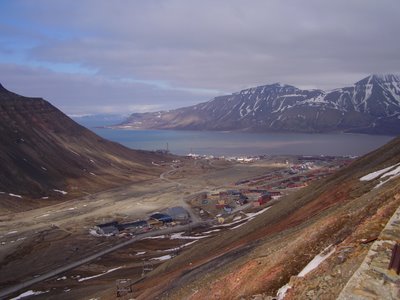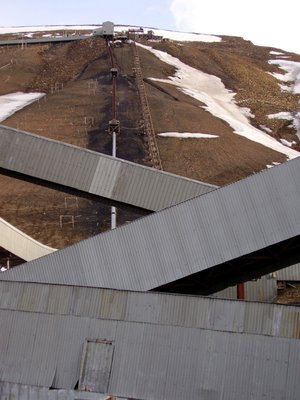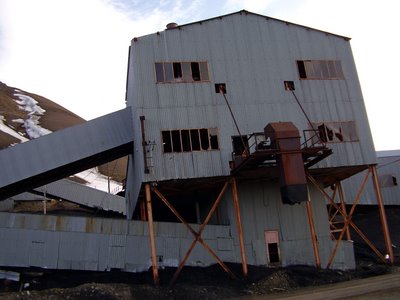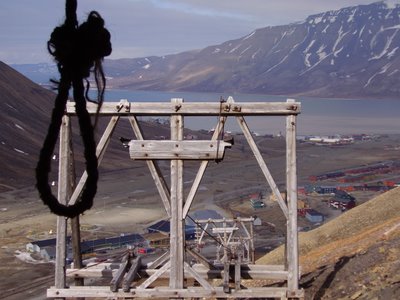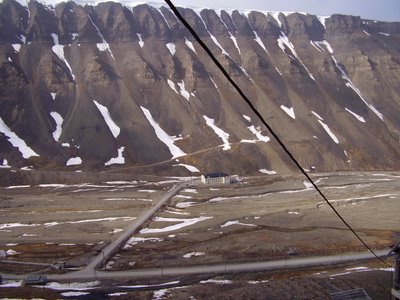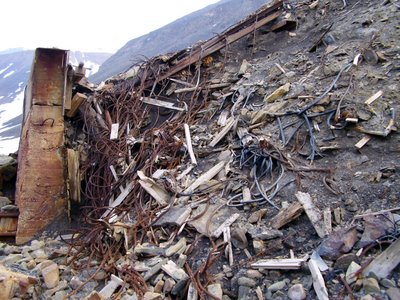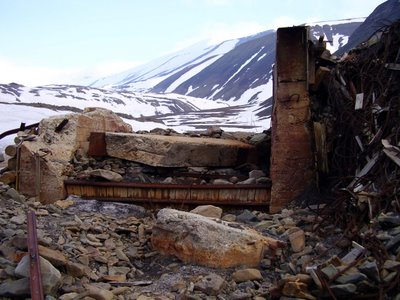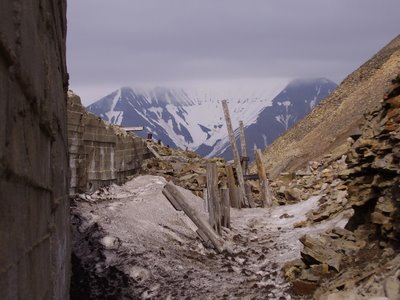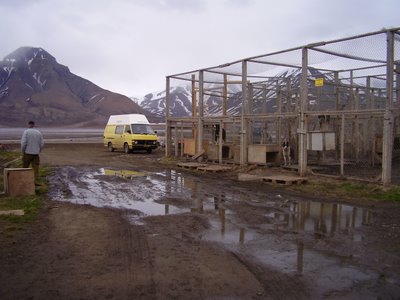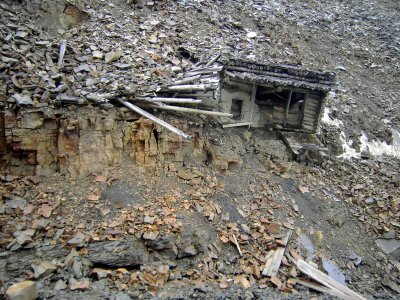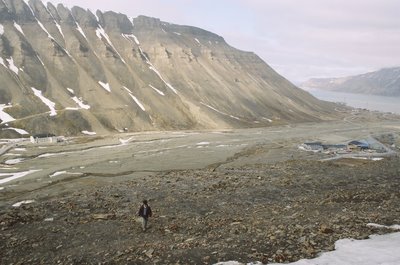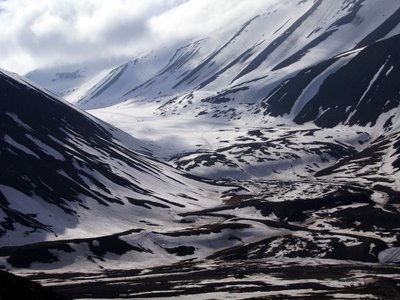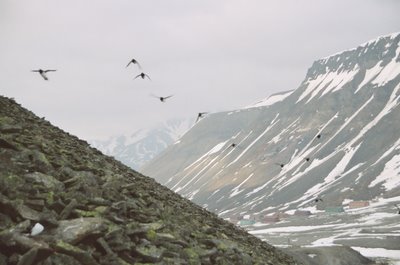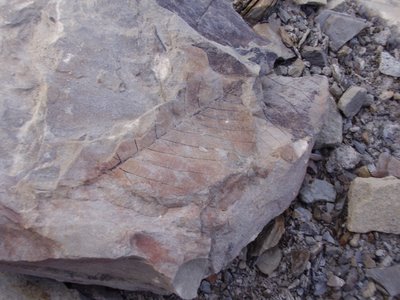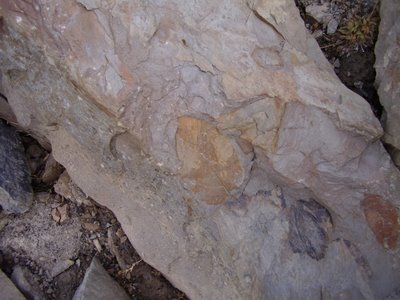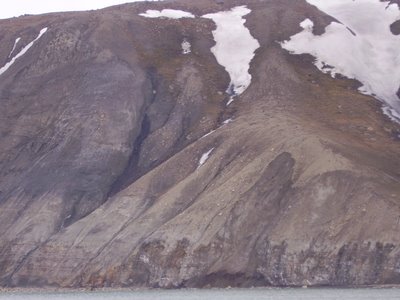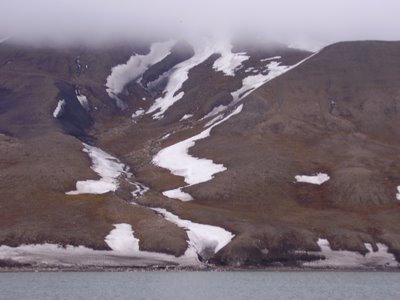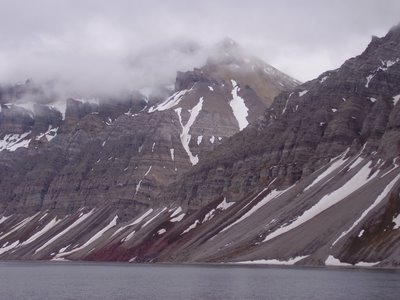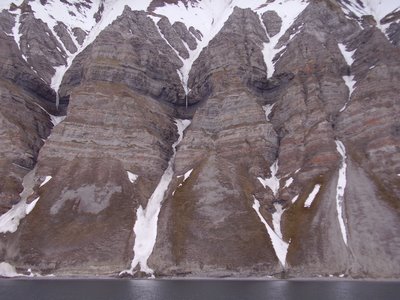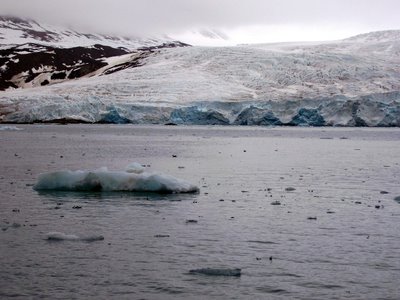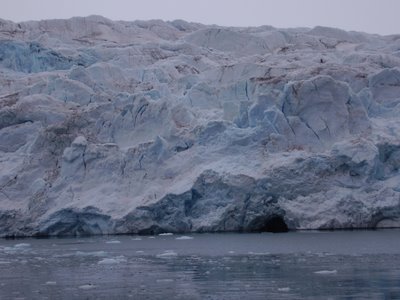Flores del volcán
Fourteen volcanos rise
in my remembered country
in my mythical country.
Fourteen volcanos of foliage and stone
where strange clouds hold back
the screech of a homeless bird.
Who said that my country was green?
It is more red, more gray, more violent:
Izalco roars,
taking more lives.
Eternal Chacmol collects blood,
the gray orphans
the volcano spitting bright lava
and the dead guerrillero
and the thousand betrayed faces,
the children who are watching
so they can tell of it.
Not one kingdom was left us.
One by one they fell
through all the Americas.
Steel rang in palaces,
in the streets,
in the forests
and the centaurs sacked the temple.
Gold disappeared and continues
to disappear on yanqui ships,
the golden coffee mixed with blood.
The priest flees screaming
in the middle of the night
he calls his followers
and they open the guerrilleros chest
so as to offer the Chac
his smoking heart.
No one believes in Izalco
that Tlaloc is dead
despite television,
refrigerators,
Toyotas.
The cycle is closing,
strange the volcano's silence
since it last drew breath.
Central America trembled,
Managua collapsed.
In Guatemala the earth sank
Hurricane Fifi flattened Honduras.
They say the yanquis turned it away,
that it was moving towards Florida
and they forced it back.
The golden coffee is unloaded
in New York where
they roast it, grind it
can it and give it a price.
Siete de Junio
noche fatal
bailando el tango
la capital.
From the shadowed terraces
San Salvador's volcano rises.
Two-story mansions
protected by walls
four meters high
march up its flanks
each with railings and gardens,
roses from England
and dwarf araucarias,
Uruguayan pines.
Farther up, in the crater
within the crater's walls
live peasant families
who cultivate flowers
their children can sell.
The cycle is closing,
Cuscatlecan flowers
thrive in volcanic ash,
they grow strong, tall, brilliant.
The volcano's children
flow down like lava
with their bouquets of flowers,
like roots they meander
like rivers the cycle is closing.
The owners of two-story houses
protected from thieves by walls
peer from their balconies
and they see the red waves descending
and they drown their fears in whiskey.
They are only children in rags
with flowers from the volcano,
with Jacintos and Pascuas and Mulatas
but the wave is swelling,
today's Chacmol still wants blood,
the cycle is closing,
Tlaloc is not dead.
Claribel Alegría "Flowers from the Volcano", translated by C. Forche. About the nicaraguan author in English.
Labels: fieldwork poetry:), Nicaragua, poetry
